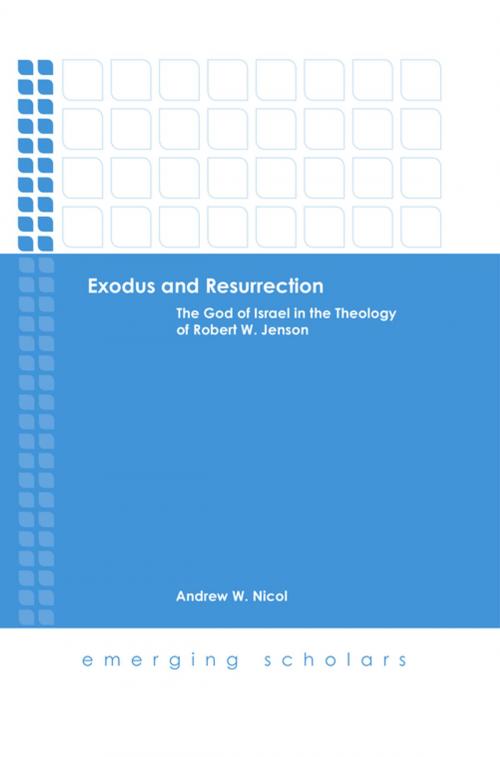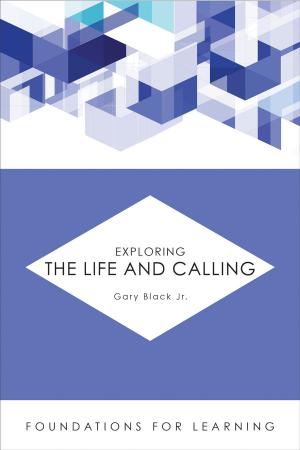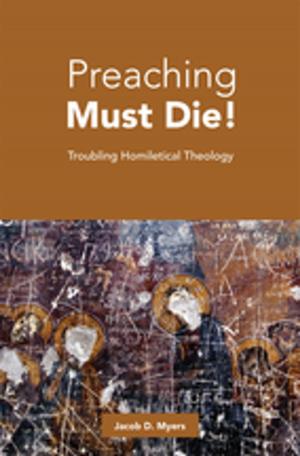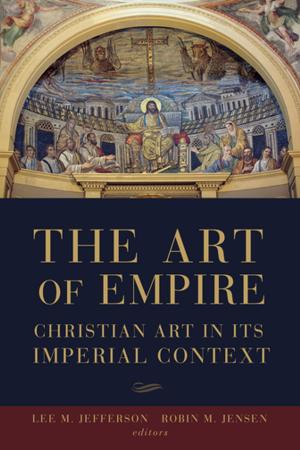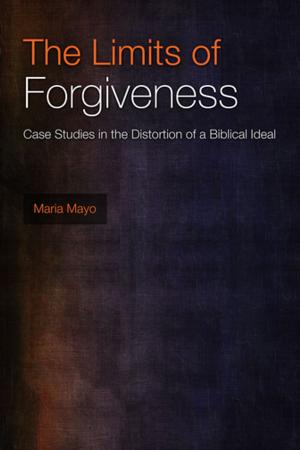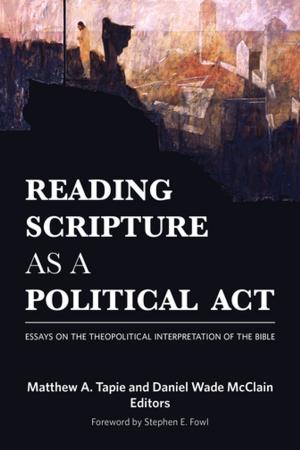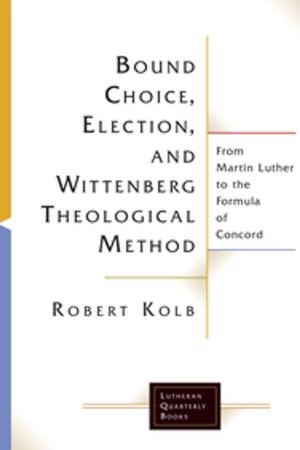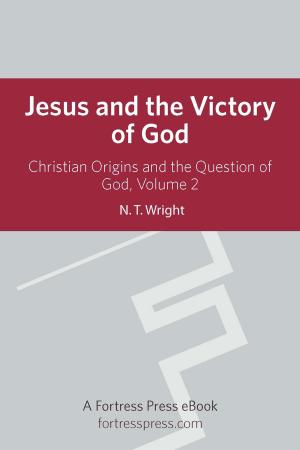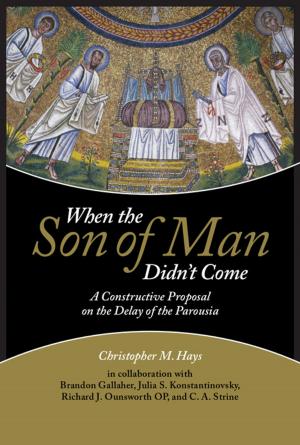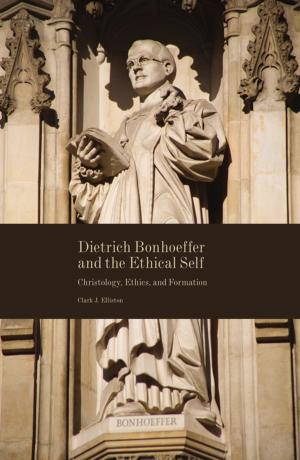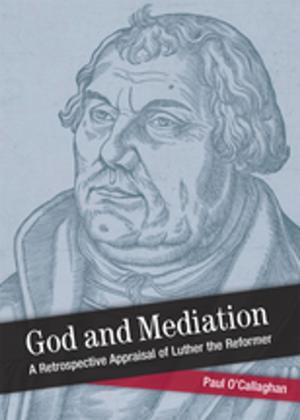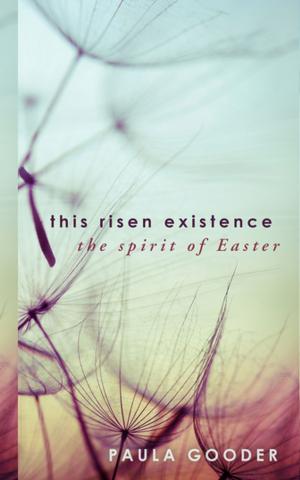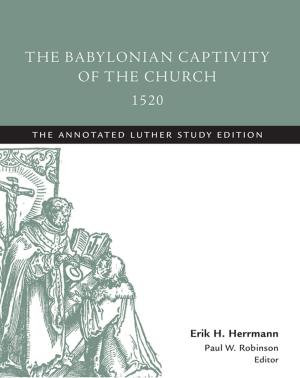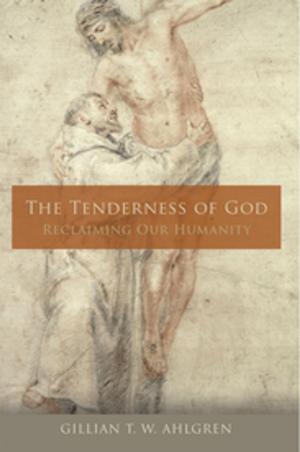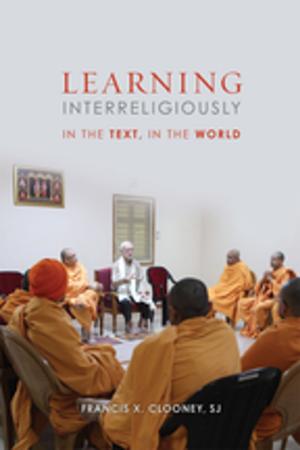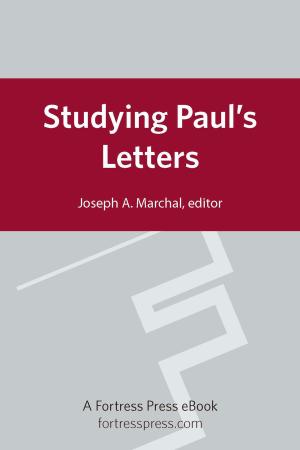Exodus and Resurrection
The God of Israel in the Theology of Robert W. Jenson
Nonfiction, Religion & Spirituality, Bible & Bible Studies, Hermeneutics, Theology, Christianity| Author: | Andrew W. Nicol | ISBN: | 9781506416830 |
| Publisher: | Fortress Press | Publication: | August 1, 2016 |
| Imprint: | Fortress Press | Language: | English |
| Author: | Andrew W. Nicol |
| ISBN: | 9781506416830 |
| Publisher: | Fortress Press |
| Publication: | August 1, 2016 |
| Imprint: | Fortress Press |
| Language: | English |
Exodus and Resurrection establishes the important place God’s identity as the “God of Israel” has in the systematic theology of Robert W. Jenson. The work demonstrates that the identification of the God of Israel as the agent of Jesus’ resurrection functions as a foundational premise in Jenson’s Trinitarian theology. Andrew W. Nicol argues that a central characteristic of Jenson’s work is not merely his recognition that the same God who rescued Israel from Egypt raised Jesus from the dead, or the related yet distinct step of renovating his theology in a nonsupersessionist fashion, but also his attempt to conceive of the full implications for doing so in Christian theology, in the church’s self-understanding, and in the church’s relation to Israel and continuing Judaism. In this, Exodus and Resurrection provides a clear and critically appreciative account of Robert W. Jenson’s work and offers a new vital architectonic map of Jenson’s systematic vision.
Exodus and Resurrection establishes the important place God’s identity as the “God of Israel” has in the systematic theology of Robert W. Jenson. The work demonstrates that the identification of the God of Israel as the agent of Jesus’ resurrection functions as a foundational premise in Jenson’s Trinitarian theology. Andrew W. Nicol argues that a central characteristic of Jenson’s work is not merely his recognition that the same God who rescued Israel from Egypt raised Jesus from the dead, or the related yet distinct step of renovating his theology in a nonsupersessionist fashion, but also his attempt to conceive of the full implications for doing so in Christian theology, in the church’s self-understanding, and in the church’s relation to Israel and continuing Judaism. In this, Exodus and Resurrection provides a clear and critically appreciative account of Robert W. Jenson’s work and offers a new vital architectonic map of Jenson’s systematic vision.
